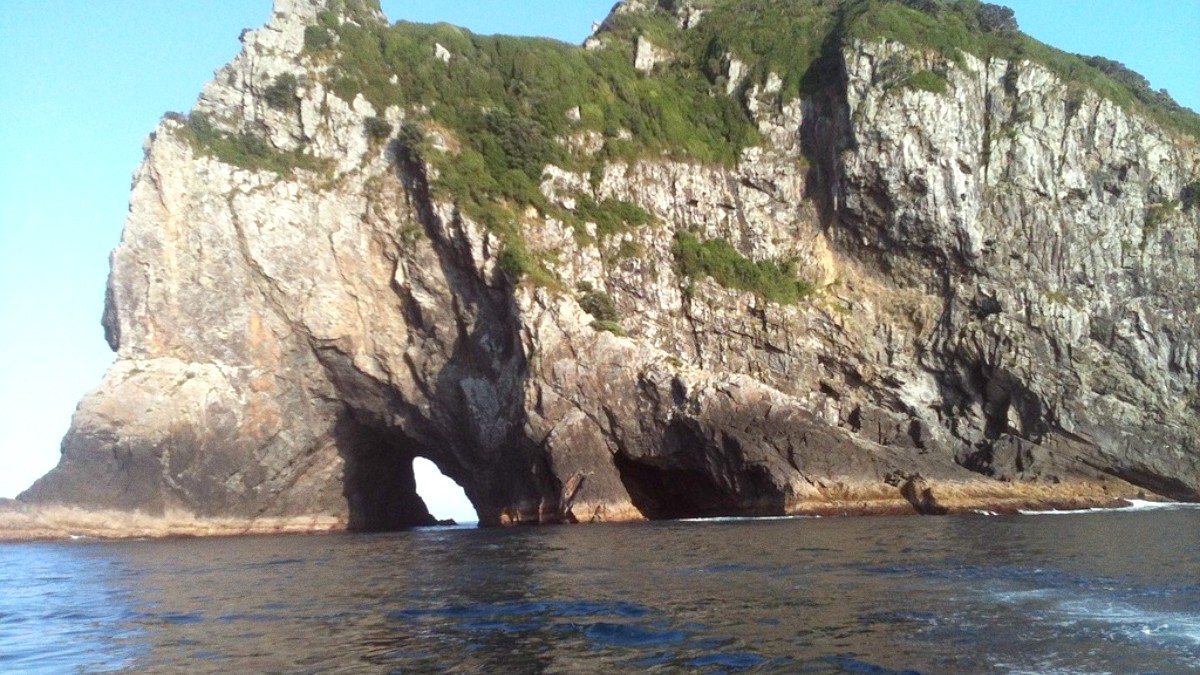
New Zealand
Project Island Song restores ecosystems. The Department of Conservation (DOC) manages parks and reserves; adhere to "Leave No Trace" principles.
New Zealand has a strong recycling program. Separate bins for general waste and recycling are common. Bring reusable items to reduce plastic.
Water conservation is encouraged, especially during drier summer months. Practice shorter showers and be mindful of water usage.
Embrace practices that protect the environment and support local communities.
Conscious decisions aid environmental protection.
Choose businesses demonstrating environmental stewardship.
Support initiatives that genuinely benefit Māori communities.
Your spending influences the local economy directly.
Choose tour operators with strong commitments to animal welfare and responsible tourism, such as G Adventures.
Explore Ethical ToursSeek out places to stay that prioritize ecological practices. Some carry eco-certifications. Consider Ecobnb.
Find Eco-StaysEngage with Māori culture respectfully. Interactions should be mutually beneficial, not superficial. Avoid activities that exploit wildlife.
Explore further insights on how your visit impacts the Bay of Islands.
Water conservation is encouraged, especially during drier summer months.
Mitigate your travel's environmental impact.
Conscious choices for souvenirs and goods.
Direct support for local enterprises.
Consider direct impact through thoughtful giving.
If contributing to the community, consider donating to reputable local charities.
Donations to local conservation organizations directly support environmental initiatives.
This form of contribution reaches those in need or supports environmental work effectively, versus direct cash to individuals.
Choose businesses with eco-certifications. Support local and Māori-owned enterprises. Practice responsible waste management. Consider carbon offsets.
Māori cultural respect and understanding for a meaningful visit.
Support initiatives that genuinely benefit Māori communities.
When visiting marae (Māori meeting grounds), follow Māori protocols.
Conscious behavior in diverse settings.
Choices that promote responsible tourism.
Your spending choices directly influence the local economy.
Support local businesses and Māori-owned enterprises; tourism dollars move directly to these communities.
Purchase genuine Māori arts and crafts directly from artists or reputable galleries; avoid mass-produced souvenirs.
Ensure fair compensation reaches local creators, strengthening the local artisan economy.
Do not engage in activities that exploit wildlife. Unauthorized feeding of wild dolphins disrupts natural behaviors. Avoid such practices.
Choose tour operators and accommodations that display eco-certifications. This decision supports businesses committed to sustainable practices.